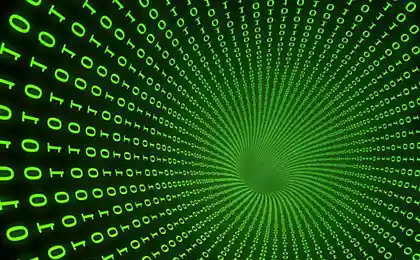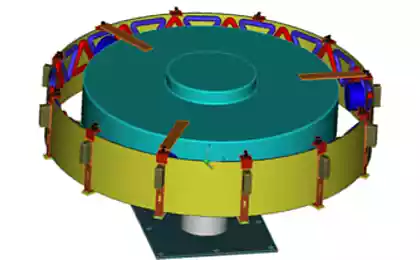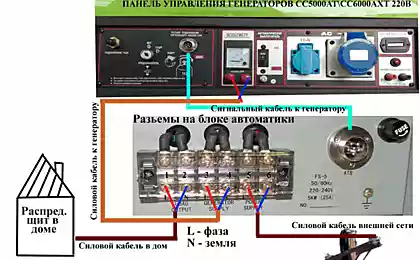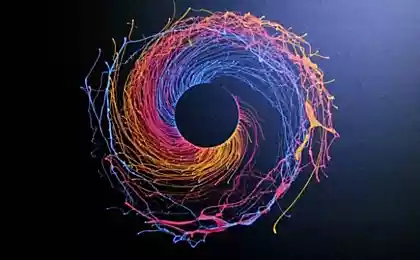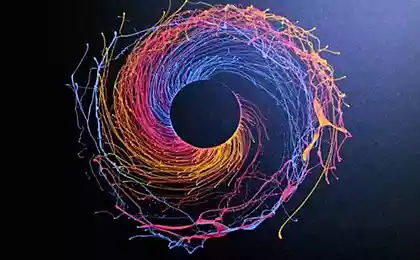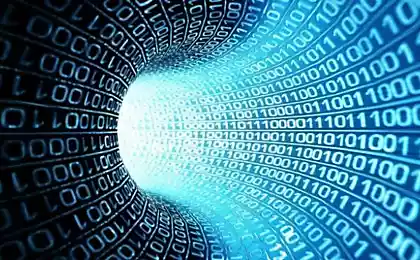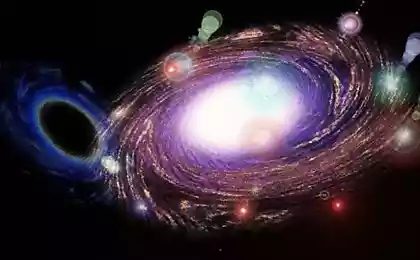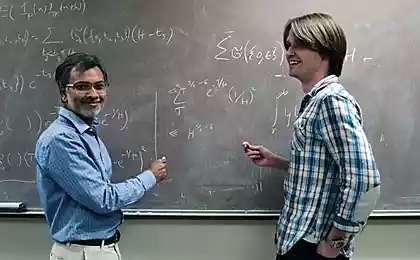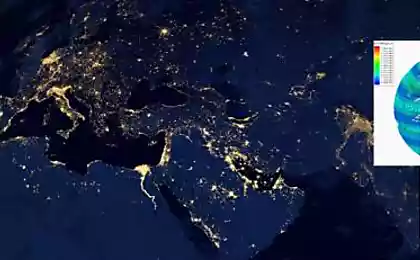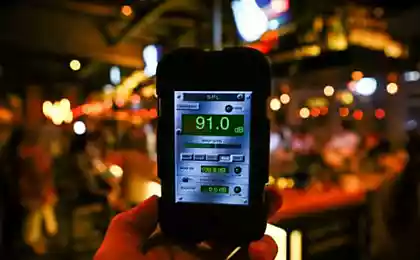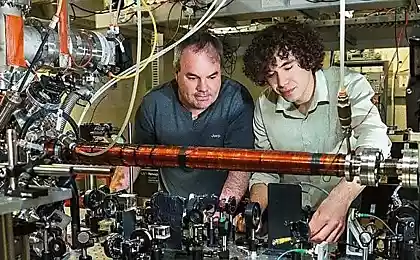1686
The fastest random number generator is really subatomic particles uses sound in a vacuum
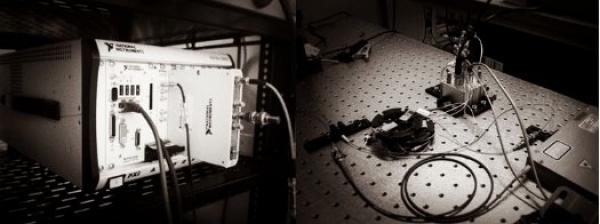
It's no secret that the random numbers are used every day in all areas of technology, in fact, completely random. At this point, the random numbers begin with the human or machine, and the number continues to generate a particular algorithm.
In a special way by connecting to your computer this direct cascade of subatomic particles within a vacuum, scientists from the Australian National University have built the fastest random number generator in the world, test it in action. Using lasers, the team created a device that can capture the random noise in a vacuum, and use them to generate truly random numbers, which have infinite use of encryption, information technology, computer simulation, and other complex tasks.
Most existing random number generators, as mentioned above, is given by some computer algorithms. Such algorithms are pretty good, but as long as you do not know the initial value. In other words, random numbers correlated with the algorithms in a way that is initially unknown to the user. But the vacuum noise does happen - quantum theory ensures that the generated numbers are really unpredictable. Measuring noise in a vacuum, the team can produce billions of random numbers per second. The only thing that limits their ability to sweep the world in random numbers, is the limitations of the currently existing Web connections.
But this does not mean that now you can not get your own truly unique sequence of random numbers. The development team of Australian university has created a special online service where you can not only see the details of the project, but also be able to get a random number generated by their invention, directly from the Internet in real time. The random number generator ANU.






